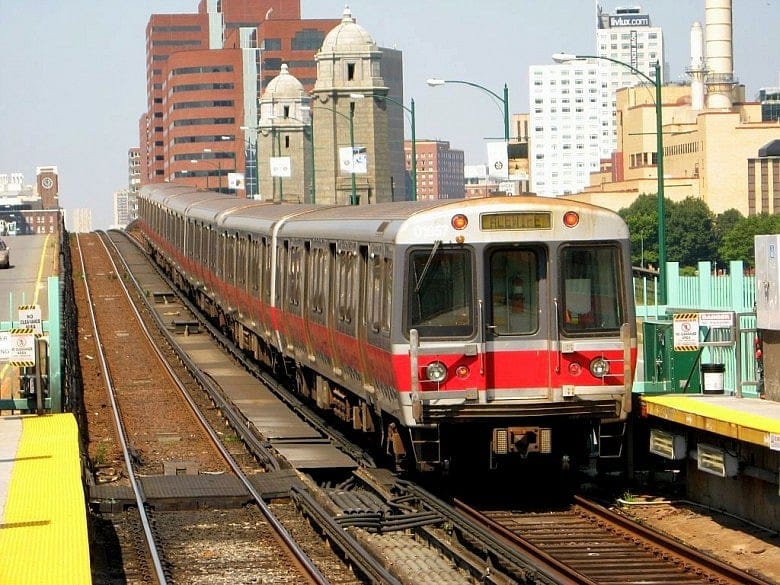T fare hike scenarios eyed by transit agency

BOSTON – The agency that runs Boston's public transit services is eyeing fare hikes that could punch a hundred-dollar hole in the pockets of regular subway riders over the course of a year, a move one transit advocate likened to "punishing the victim" following recent service failures.
The Massachusetts Bay Transportation Authority's Fiscal and Management Control Board elected on Monday to advance for public comment two fare-hike scenarios that would raise fares an average of about 5 percent or 10 percent starting in July.

